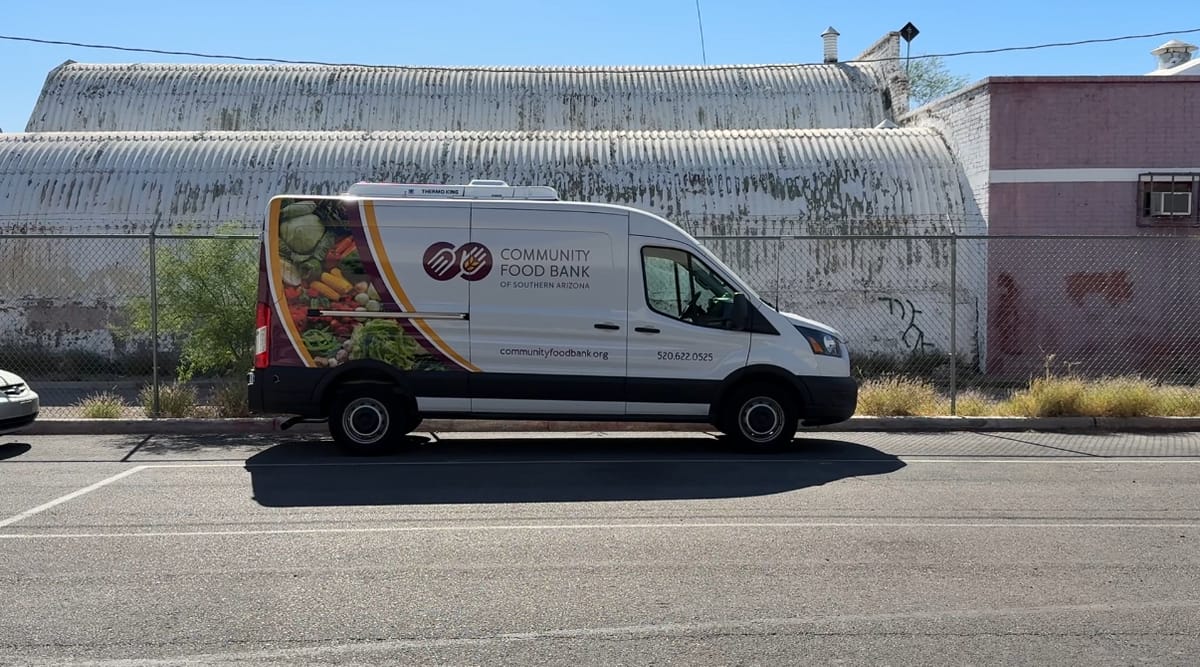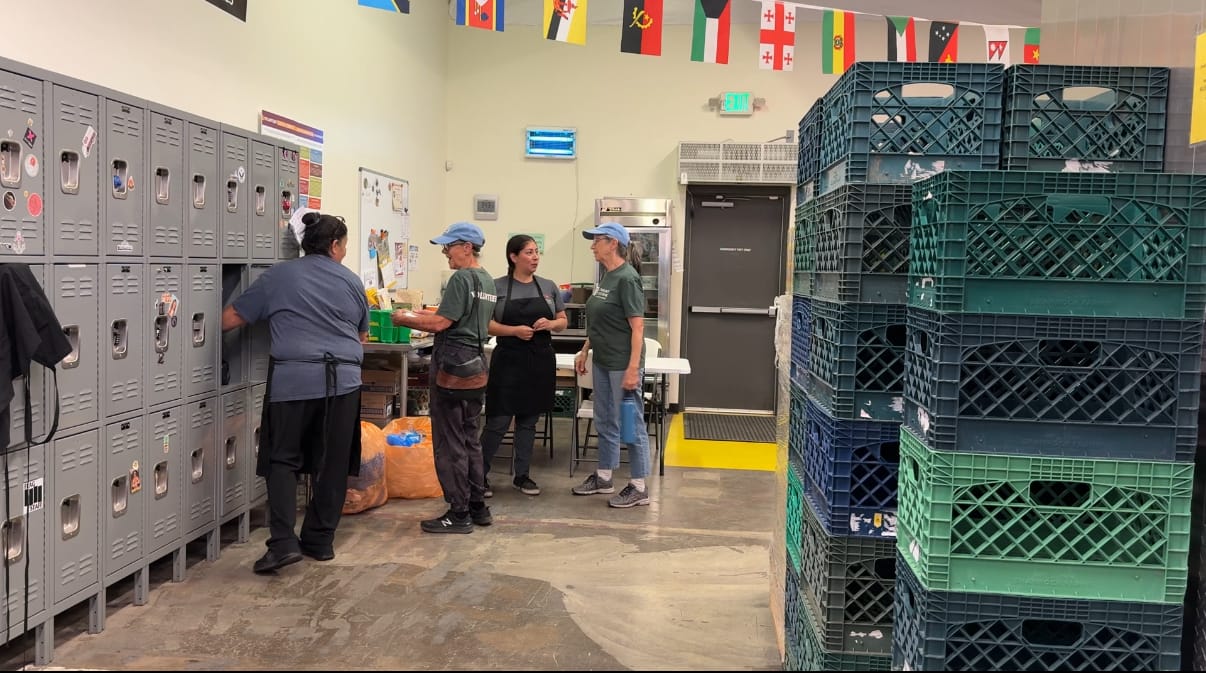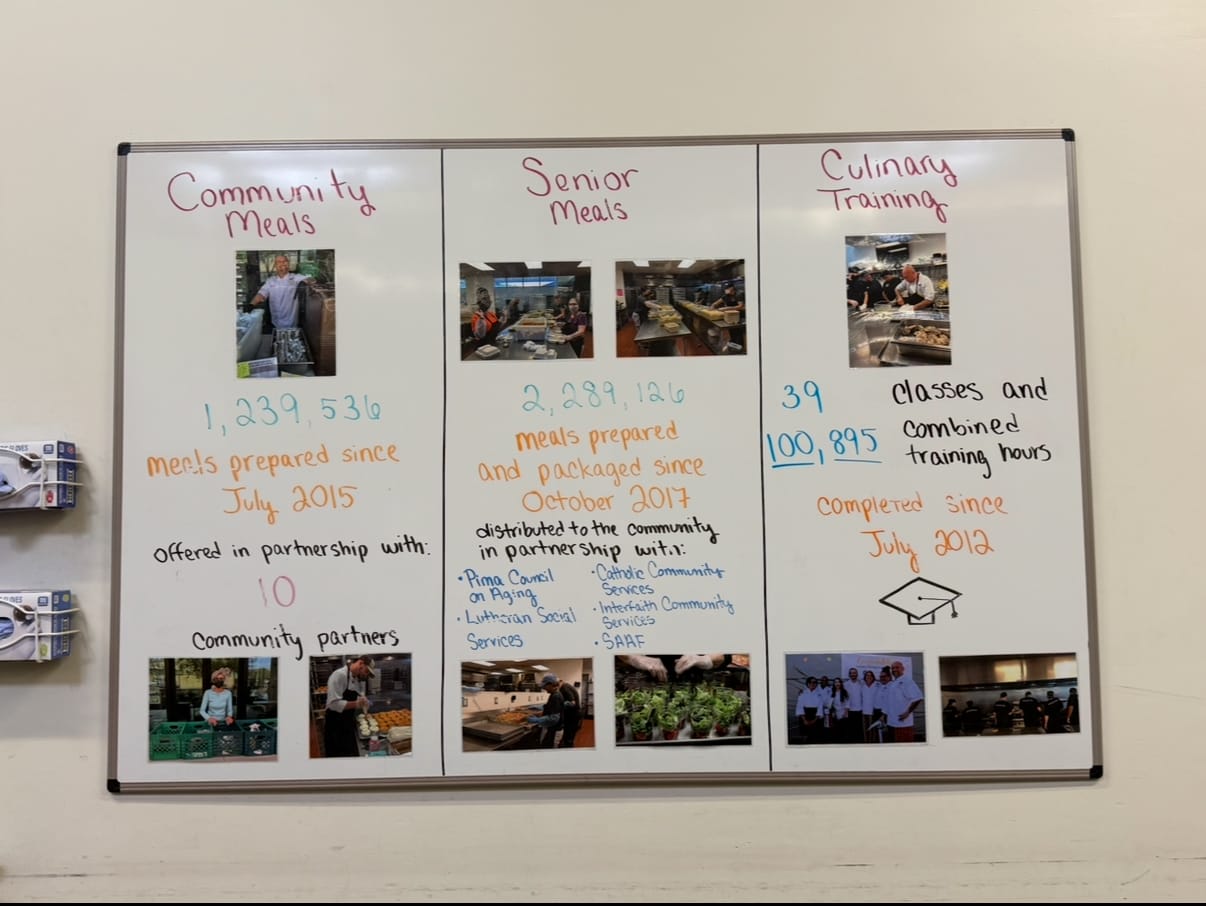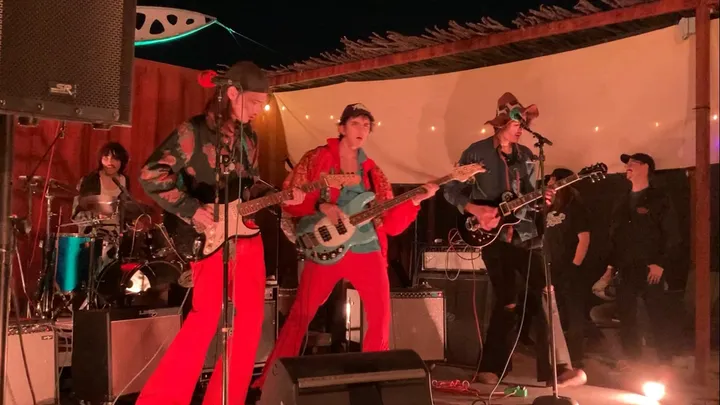Caridad kitchen expands meals, job training under new leadership
Caridad Community Kitchen in Tucson is expanding its free meal services and culinary job training programs under new leadership to address rising food insecurity and support workforce development.

As food insecurity rises in Tucson, Caridad Community Kitchen is scaling up its services under new leadership to feed more people and train the next generation of culinary workers.
Caridad is a Community Food Bank of Southern Arizona program that offers free community meals to anyone in need. It also partners with organizations to provide healthy, home-delivered meals for seniors, and its culinary training program offers people facing barriers to employment the chance to learn new skills.
Since 2012, the program has prepared and distributed more than 3,500,000 meals and provided more than 100,000 hours in culinary training.
At the heart of the mission is Kendall Foster, the kitchen’s executive director, who stepped into the role seven months ago. A Tucson and Gila River native, Foster said he expected challenges, but what he found was a family with a deep sense of community and purpose.
“There’s such a level of dignity, respect and admiration out here handing meals across the table,” Foster said. “You can see the guests, they’ll grab their meal and you can see the weight of the world come off their shoulders and that’s why everybody here does this work.”
Caridad serves free meals Monday through Friday from 2 to 4 p.m., with many guests relying on the kitchen as their most consistent source of food.
For Foster, the challenge now isn’t how to serve, but how to keep serving.
“We’ve been in operation for a long time. Now it’s about how we continue this work and what partnerships we can build to grow and sustain it,” he said.

Creating meals on a mass scale is what Caridad does best, Foster said, adding that since the pandemic, the program has been working to return to its core mission.
“Creating awesome and nutritious meals,” Foster said.
Nutrition is a top priority, and Caridad is mindful about preparing meals that are high in calories and protein to help sustain individuals who may not have access to regular food throughout the day or week.
Since 2017, the program has prepared, packaged and distributed nearly 2,290,000 senior meals, working with several community partners. And its community meal program, which has been operating for a decade, has prepared another 1,240,000 meals.
However, the lack of weekend services for food-insecure individuals remains a gap Foster hopes to one day fill.
In addition to providing meals, Caridad is building futures in the kitchen.
Its free 10-week culinary training program gives unemployed adults the tools to build a career in food service. Graduates participate in an apprenticeship program with local partners, focusing on the goal of long-term employment.
Caridad recently celebrated its 39th graduating class.
“That’s really what it all comes down to, having that confidence when they step out of here to say, ‘I can cook in almost any kitchen,’” Foster said.
The program includes a weekly stipend and soon may become “supercharged,” with extended sessions to improve job placement outcomes and give graduates more hands-on time in the kitchen.

Foster is also focused on expanding Caridad’s three pillars: community meals, senior meals and the culinary program — all with a “social enterprise mindset.”
One of the program’s biggest assets is its people. Many of the staff are volunteers who have experienced food insecurity or homelessness themselves.
Marcella Robles, Caridad’s production supervisor, is one of those success stories. She started in the culinary training program 10 years ago and now works full time, helping coordinate meal deliveries to local churches and shelters. Robles said her motivation comes from personal experience.
“I know the shame and the embarrassment of having to ask for food,” she said. “Helping and giving back in any way I can is why I stay here, I love the work and when we see kids come through here it breaks my heart because when I see that, those memories come back.”
Foster sees her story and the stories of other volunteers and graduates as one of the biggest measures of success.
“Caridad is a family, it’s really beautiful to work with folks who want to be here, enjoy being here and also have a passion for what they do and how they do it,” Foster said.
Every morning at 9:05 a.m., the staff gathers for a team huddle — a moment Foster uses to build culture and show gratitude. It’s a small but powerful ritual that reinforces why they’re all there.
“It’s really opening my eyes to how we can be better servants and community ambassadors,” Foster said.
Isabela Gamez is a University of Arizona alum and Tucson Spotlight reporter. Contact her at gamezi@arizona.edu.
Tucson Spotlight is a community-based newsroom that provides paid opportunities for students and rising journalists in Southern Arizona. Please support our work with a paid subscription.



